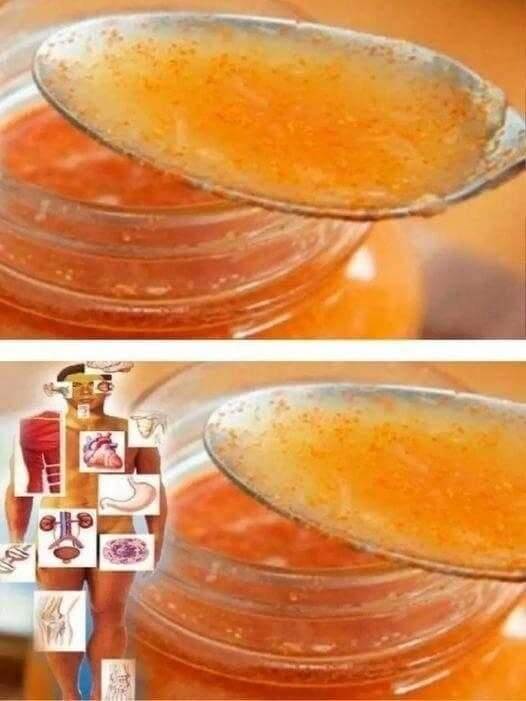Managing your cholesterol is one of the most important things you can do for your heart health and longevity. When cholesterol levels rise unchecked, the consequences can be severe—leading to clogged arteries, increased risk of heart attacks, strokes, and other dangerous cardiovascular conditions. But here’s the good news: you don’t need expensive treatments or medications to make a big difference. With just a few smart choices at home, you can naturally lower bad cholesterol and protect your heart—starting today.
What Is Cholesterol and Why Should You Care?
Cholesterol is a fatty substance your body needs to build healthy cells. But not all cholesterol is created equal. Low-density lipoprotein (LDL) is the harmful kind that can stick to artery walls and form plaques, while high-density lipoprotein (HDL) is the protective kind that helps remove excess LDL from your bloodstream. Keeping a healthy balance between these two types is vital for avoiding heart disease.
Can Your DNA Affect Cholesterol?
Absolutely. Your genetic makeup plays a big part in determining your cholesterol levels. Conditions like familial hypercholesterolemia can cause high cholesterol even if you follow a healthy lifestyle. That’s why it’s crucial to know your family history and discuss any concerns with your doctor. While you can’t change your DNA, you can change your daily habits—and that’s where natural cholesterol control comes in.
5 Proven Natural Ways to Keep Cholesterol Under Control
1. Cut Out Trans and Saturated Fats—Now
Trans fats are often hidden in packaged snacks, baked goods, and fried foods, while saturated fats are found in full-fat dairy and red meat. Both raise your LDL cholesterol and harm your heart. Instead, go for lean meats, choose low-fat or plant-based dairy, and read ingredient labels to avoid trans fats altogether.
2. Embrace Healthy Fats That Love Your Heart
Monounsaturated and polyunsaturated fats are cholesterol-friendly and heart-healthy. These are found in avocados, olive oil, nuts, seeds, and fatty fish like salmon or mackerel. Swapping unhealthy fats for these good ones not only lowers LDL but can also fight inflammation, another risk factor for heart problems.
3. Add More Soluble Fiber to Your Meals
Soluble fiber acts like a sponge in your digestive tract, absorbing excess cholesterol and flushing it out of your body. You’ll find it in oatmeal, apples, beans, lentils, carrots, and barley. Make fiber a part of every meal, and you’ll not only lower cholesterol but also improve digestion and stay full longer.
4. Get Moving to Boost Good Cholesterol
Exercise doesn’t just burn calories—it boosts HDL (good cholesterol), reduces LDL (bad cholesterol), and lowers triglycerides. Aim for at least 150 minutes per week of moderate cardio like walking, swimming, or biking. Staying active also helps maintain a healthy weight, which further benefits your cholesterol profile.
5. De-Stress to Protect Your Heart
Stress can wreak havoc on your body, including your cholesterol levels. High stress raises inflammation and encourages unhealthy habits like overeating or smoking. Combat stress naturally through daily meditation, yoga, deep breathing, or simply getting enough quality sleep. A calm mind supports a healthy heart.
Why Routine Check-Ups Are a Must
Don’t wait for symptoms to appear. High cholesterol is often called the “silent killer” because it shows no signs until serious damage is done. Regular check-ups and lipid panels help monitor your numbers and track progress. Knowing your levels gives you the power to make changes early and avoid future complications.
Final Thoughts: You Have More Control Than You Think
Natural cholesterol management isn’t just possible—it’s highly effective. By eating smart, staying active, managing stress, and checking in with your doctor, you can take charge of your health without medication. These simple habits, done consistently, can lead to lasting improvements in your cholesterol levels and reduce your risk of heart disease.
Start today—your heart will thank you tomorrow.
















